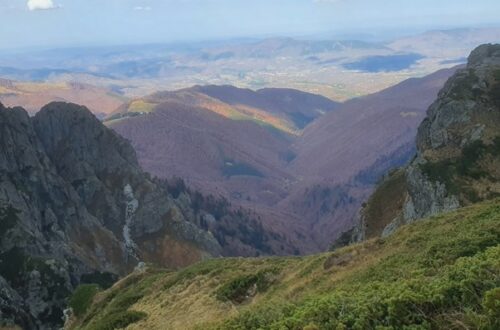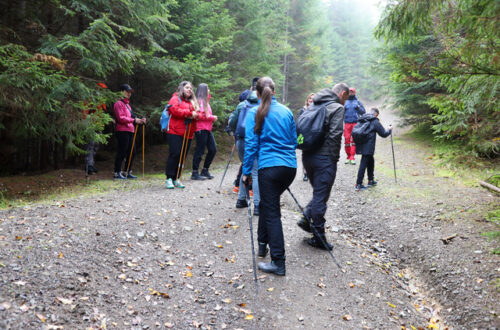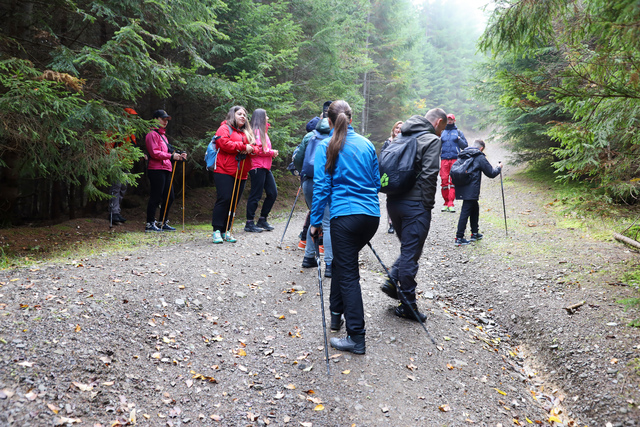
10 Critical Tips for Beginner Trekkers: Essential Advice from Ramsay Banna
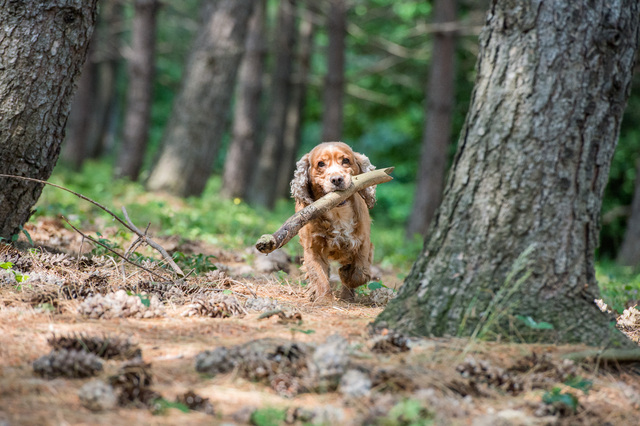
Trekking is one of the most rewarding outdoor activities, offering breathtaking views, personal challenges, and the joy of connecting with nature. However, if you’re a beginner, it’s essential to be well-prepared before setting out on your adventure. As an experienced trekker, Ramsay Banna shares these 10 critical tips to ensure your first trekking experience is a success.
- 1. Start with Easy Trails
- It’s tempting to aim for the most iconic routes, but beginners should ease into trekking by starting with simpler trails. Ramsay Banna recommends choosing well-marked paths with moderate elevation to build your stamina and confidence before tackling more challenging terrains.
- 2. Invest in the Right Footwear
- Your feet will carry you through the entire trek, so having the right footwear is crucial. Ramsay Banna advises investing in a quality pair of hiking boots with good ankle support, and breaking them in before your trek. Blisters and sore feet can quickly turn a fun experience into a painful one.
- 3. Pack Light, Pack Smart
- Overpacking is a common mistake for beginner trekkers. Ramsay Banna suggests only bringing essentials like water, snacks, layers, and a first-aid kit. A heavy backpack can drain your energy, making the hike more difficult than it needs to be.
- 4. Stay Hydrated
- Hydration is key when trekking, especially on longer routes. Ramsay Banna stresses the importance of carrying enough water and drinking regularly. Consider investing in a hydration bladder, which allows you to drink while on the move without stopping.
- 5. Layer Your Clothing
- Weather in the mountains can be unpredictable, so it’s important to dress in layers. Ramsay Banna advises wearing moisture-wicking base layers, insulating mid-layers, and a waterproof jacket. This ensures that you stay dry and comfortable throughout the trek, no matter the conditions.
- 6. Learn Basic Navigation Skills
- While it’s easy to rely on your smartphone or GPS, Ramsay Banna recommends learning basic map and compass skills. Battery failure or lack of signal can leave you stranded if you’re solely dependent on technology. A good map and compass are reliable backups.
- 7. Plan and Pace Yourself
- Trekking isn’t a race, and beginners should be mindful of pacing. Ramsay Banna suggests planning your route ahead of time and allowing for breaks. Walking too fast in the beginning can burn you out, while setting a steady pace will keep you energized throughout the hike.
 Buy Special Amazon Deals Here
Buy Special Amazon Deals Here - 8. Know Your Limits
- It’s easy to get carried away when surrounded by nature’s beauty, but Ramsay Banna emphasizes the importance of knowing your limits. Don’t push yourself too hard; if you feel fatigued or unwell, it’s okay to turn back or take extra breaks. Safety should always come first.
- 9. Respect Nature
- One of the joys of trekking is immersing yourself in nature, but with that comes responsibility. Ramsay Banna urges beginners to practice Leave No Trace principles: pack out all your trash, stick to marked trails, and avoid disturbing wildlife. This ensures that the trails remain pristine for future trekkers.
- 10. Trek with a Group or Guide
- For beginners, it’s a good idea to trek with more experienced hikers or a professional guide. Ramsay Banna recommends this not only for safety but also to learn valuable skills from seasoned trekkers. Joining a group can also make the experience more enjoyable and less daunting.
Final Words
Trekking is an incredible way to challenge yourself physically and mentally while connecting with nature. By following these 10 critical tips from Ramsay Banna, beginner trekkers can enjoy a safe, rewarding, and unforgettable adventure. Remember to start slow, be prepared, and respect the environment—you’ll soon find yourself eager to tackle more trails!
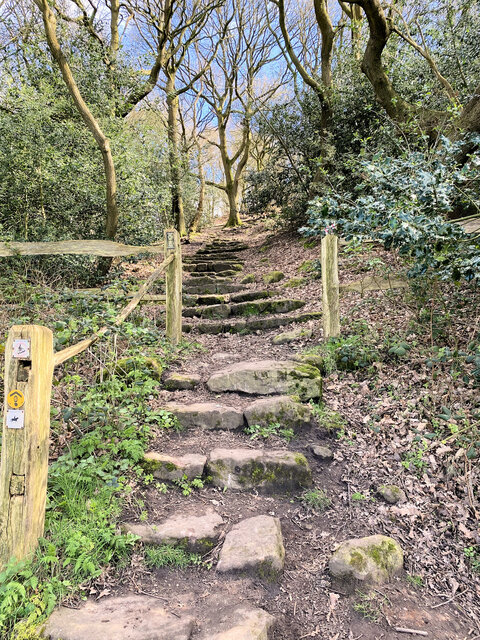
For More Info Please contact Ramsay Banna


